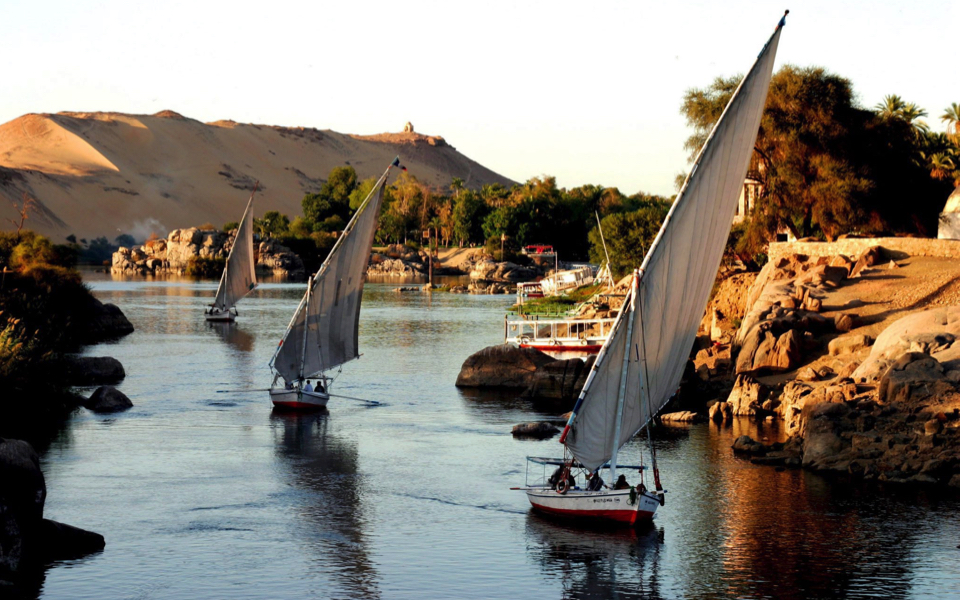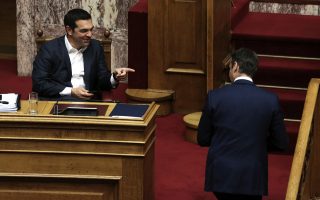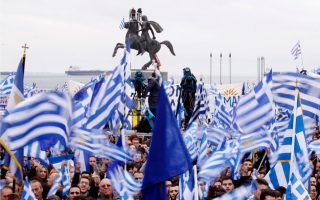Travelers, merchants and poets

As the soil, heavy with the burden of countless burials, fell onto my friend’s coffin I thought of the many journeys he had made. Always in a hurry – always with something important ahead, whether heading off to a war zone, a theatrical performance or a rendezvous – yet always calm.
He knew he would be on time. He knew that wherever he went, to favorite haunts or the ends of the earth, he would find old friends or make new ones, he would learn all there was to learn in order to complete his mission well.
I thought of the languages he spoke, which opened roads for him. But his native tongue was that which Apollonius of Tyana used when he said that he understood all languages: His language was his need to communicate, to travel, to live life to the full.
I thought of the eternal winds that drive Greeks to seek their fortunes across the globe, through need, ambition or curiosity. My grandfather, the son of Greek immigrants to Egypt, picked up his young family from Port Said and moved them to Upper Egypt, to Aswan.
He taught at the school for Greeks there at the time that Cavafy was poking the embers of memories of the forgotten kingdoms of Alexander’s heirs, his poems stirring melancholy life into long-lost outposts of Hellenism. The assault of sand and ash is merciless. “Did Greeks live here?” our Egyptian guide wondered when, a few years ago, my family and I visited Aswan.
Born in Africa, with my other grandparents in a mountain village on Crete, I learned of the sweeping changes that follow political earthquakes, such as the end of colonization, such as war.
Some I lived through, in Mozambique and South Africa. My father and his sister, after losing their father, left Egypt in their youth during the war, to find relatives in South Africa.
Like so many who are forced to move across the world, in all eras. A beloved uncle also found himself unexpectedly in Africa, when the Germans murdered his father and all the other men that they could round up in the villages on Mount Kedros, in retribution for the British-Cretan resistance’s kidnapping of General Heinrich Kreipe.
My grandfather remembered that, just 20-or-so years earlier, villagers had wept as their Turkish-Cretan neighbors were forced to leave in the great exchange of populations which saw the end of the Greek presence in Asia Minor.
All of Greece is a museum filled with fragments and absences, a plain on which people and memories flow back and forth. And each one of our lives is a moment that seems stable and full because the leaf on which we stand runs, momentarily, at the same speed as the dark river that carries us.
That river took many beloved people these last years. Each was different in his own way, distinguished by achievements in different spheres. In the arts, in business, in professions and journalism. Our greatest – if not our only – consolation is the fact that we were lucky to know them. Father, mentors, beloved friends, each gave more than he expected in return.
All had something in common, the thing that set them apart – they lived lives full of adventure and reversals, they wanted to conquer time and distance, to learn, to create, to give. The lesson simple: Live, live with strength and desire, push beyond the horizon, beyond the peaks that you see.
To achieve this, though, you must be open to others, you must know what is common to all people, you must give and take. Apollonius knew many tongues through the arrogance of what he believed were divine powers. The people I speak of could communicate with everyone – Greeks and foreigners, paupers and kings – because they could see, they could hear, they could think.
They were not arrogant but rich with the humility that only people of good will can share, which is the only way to open hearts and create opportunities. In this way, each succeeded in his own way. Some had families, others not. Some were famous and rich, others just got by. All enjoyed the love and appreciation of those who knew them, of those who knew how to see. I believe that each felt that the world, despite its pain and dangers, offers joy and opportunity. They had faith in life and they inspired faith in others.
Homelands may be lost, from Alexandria and Aswan to the limits of Alexander’s campaigns and the shores of Asia Minor, but the journey continues. Waves of young people are leaving Greece, perhaps with the consoling thought that our age allows for easy travel, that they will be citizens of the world rather than emigrants.
They will be fortunate if they achieve this, if they can combine the joys of Greece with the opportunities that can be found abroad. Gradually, though, many will take root in distant lands. Their dowry is not only the education that their country and parents provided, but the deep-rooted ability to feel that the whole world is their home.
Greeks settled across the globe not only because the winds drove them forward, nor only because they had to travel. They went to the ends of the earth and succeeded, even in difficult times, because they could. Because they were open to life, to adventure, to discovery.




